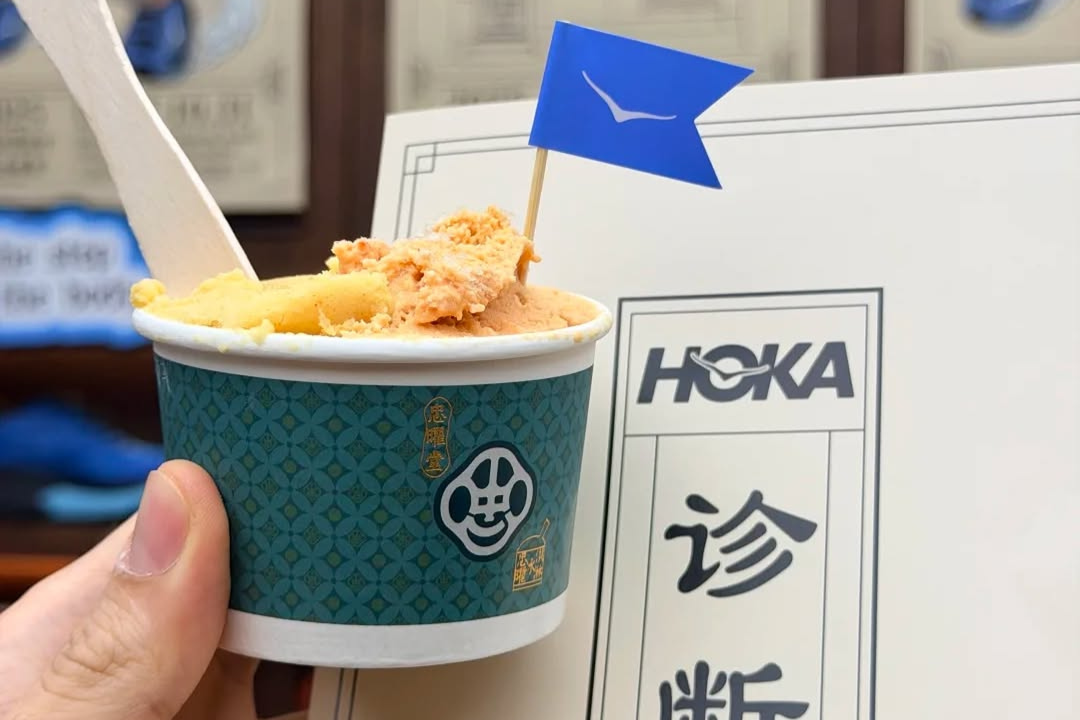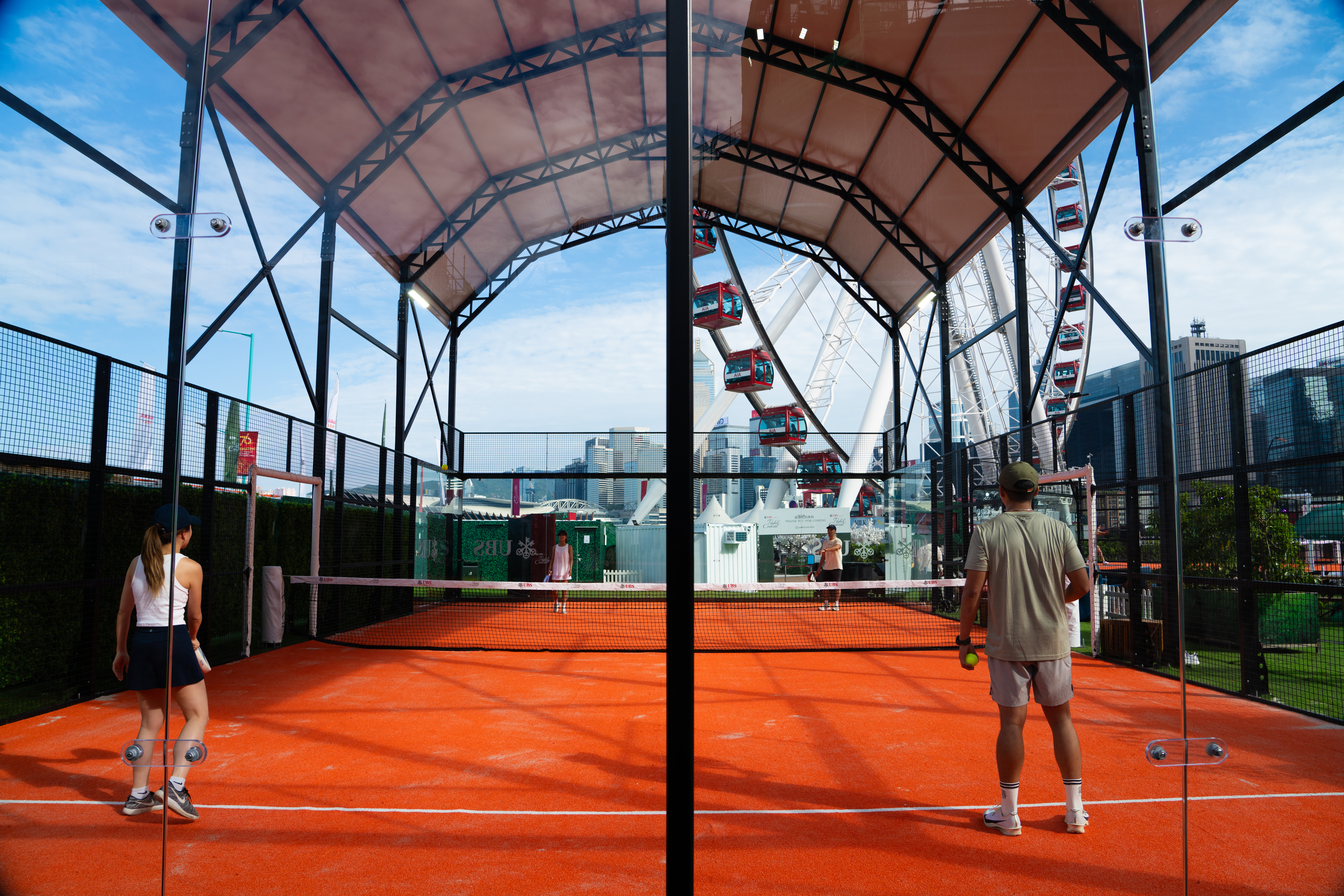When Xia Lian Ni, born in 1963, was part of China’s national table tennis team, the sport had yet to enter the Olympics. After retiring from China’s team in the late ’80s, she enrolled at Shanghai Jiao Tong University and later moved to Germany and then Luxembourg.
Little did she know at the time that she would become the Chinese-born table tennis athlete to participate in the most Olympic Games.

Ni playing for the Chinese team in 1982. Image via Ni’s Instagram account
On July 25, 58-year-old Ni finished her fifth Olympic Games in Tokyo, losing to South Korea’s 17-year-old Shin Yubin by 3-4. The game was as close as the score suggests. After taking the first set 11-2, Ni gave up a 15-minute second set 17-19. After exchanging two more pairs of sets, Ni and Shin arrived at the final set, which Ni lost 5-11 in seven minutes.
“It was a shame,” Ni said in an interview when reflecting on her performance, “I should’ve won the match. The first set was too easy, and I got too loose in the second set. I was playing really well, but I didn’t win that set. Otherwise, I would have had a 3-0 lead.”
Ni also praised the performance of the Korean teenager, whom she had beaten four years ago. “She’s really talented. When playing with a lead, I’m not a mature and experienced enough player,” said the veteran, who has ranked as high as No. 6 globally.
Ni differs from a typical Olympian in many regards. Aside from her age, Ni practices only two or three times per week, warms up for only 10 minutes pre-game, and sometimes relies on her instinct over her sight because of presbyopia.
But Ni is happy with her current athletic lifestyle, calling herself an “amateur” athlete. “First off, I can’t beat my age,” Ni said, “I don’t want to get hurt, and there’s only so much I can do.”
“Europe doesn’t have many table tennis players. Luxembourg wants me to play, I was well-trained in China, and I’ve always loved the game,” Ni added, “So I’m happy.”
You might also like:
 Chengdu and Chongqing May Bring Summer Olympics Back to ChinaThe joint bid for the 2032 Summer Olympic Games was announced twelve years in advanceArticle Dec 03, 2020
Chengdu and Chongqing May Bring Summer Olympics Back to ChinaThe joint bid for the 2032 Summer Olympic Games was announced twelve years in advanceArticle Dec 03, 2020
During her free time, Ni enjoys gardening, farming, cooking, and spending time with family. A native of Shanghai, Ni grows Shanghainese vegetables, makes traditional Shanghainese dishes such as wontons and fish, and shares them with her neighbors and friends.
Ni’s amiable personality and happy-go-lucky attitude have quickly garnered her a huge fan base of young people on Chinese social media.
In response to an interview with GQ she recently participated in, Chinese netizens commented that they were deeply touched by “Auntie Ni’s true sportswoman spirit” and her ability to “define her own path in life.”

Ni, pictured here with Princess Alexandra of Luxembourg. Image via Ni’s Instagram account
Some netizens contrasted Ni’s casualness with the Chinese national teams’ fervent pursuit of Olympic gold medals, arguing that Ni is a faithful envoy of the Olympic spirit and cross-cultural communication.
One netizen went as far as contrasting Ni’s attitude with China’s culture of involution, or neijuan (内卷) in Chinese, writing, “Everyone is incessantly involuting, trying to achieve more than they can. Success isn’t just about winning championships, but also about living mindfully, truthfully, calmly, and taking care of every second of your own life.”

Ni Xialian competing at the 2010 World Table Tennis Championships. Image via Wikimedia
Before settling in Luxembourg, Ni played for China from 1979 to 1986. A core member of the national team, she had won the team and mixed double gold medals and a doubles silver medal at the World Table Tennis Championships.
After retiring from the team, she shifted her priorities away from sports, turning down an invite to play in the 1996 Atlanta Olympic Games to take care of her family.
In 2000, when her family obligations eased up, she headed to Sydney and debuted for Luxembourg at the Olympics, eventually ranking among the top 16.
Her name slowly became famous in Luxembourg, and she is widely known there as a table tennis icon. In the 2016 Rio Olympics, she was named Luxembourg’s flag bearer in the closing ceremony.
You might also like:
 China Has Mixed Feelings Over Disgraced Swimmer Sun Yang’s Return to the SportChinese sports fans are back on the roller coasterArticle Jun 24, 2021
China Has Mixed Feelings Over Disgraced Swimmer Sun Yang’s Return to the SportChinese sports fans are back on the roller coasterArticle Jun 24, 2021
She does not always see herself as a table tennis athlete, though. “At home, my kids only see me as their mom,” she said, “I’m never ‘the Olympic warrior.’”
Reflecting on her attitude with table tennis, Ni added, “I never worked extra hard just to aim for the Olympics, nor had I definitively retired. I’ve always believed in ‘let it be.’”
Near the end of her GQ interview, Ni shared a lengthy message with the publication’s young readers, encouraging them to look beyond the results, cherish the experiences, and live authentically.
“The word ‘success’ has a wide spectrum of definitions,” Ni wrote, “and everyone has completely different experiences, skill sets, and luck. Every experience, however unpleasant, includes sparks of joy.”
“Go cherish these memories, live in the moment, and enjoy the moment,” she added.
Cover image via YouTube screengrab


















